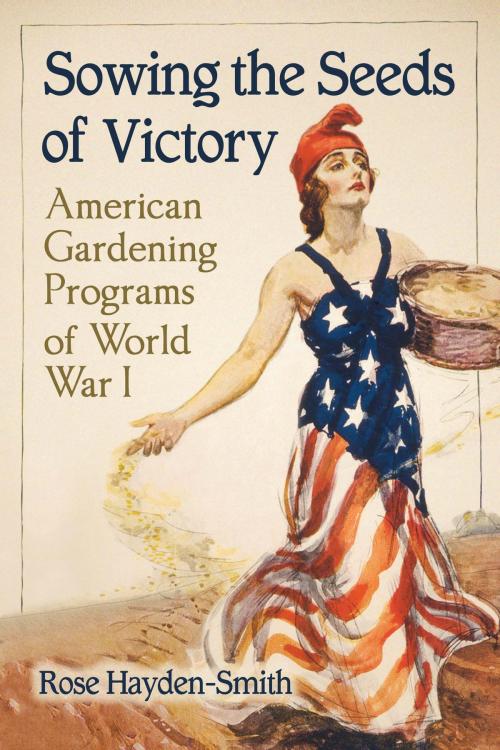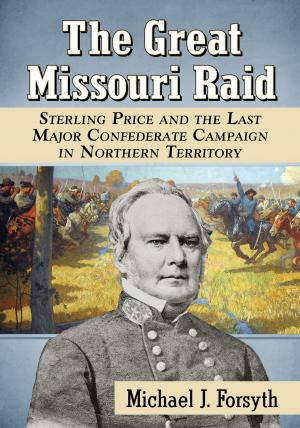Sowing the Seeds of Victory
American Gardening Programs of World War I
Nonfiction, History, Military, World War II, Social & Cultural Studies, Social Science| Author: | Rose Hayden-Smith | ISBN: | 9781476615868 |
| Publisher: | McFarland & Company, Inc., Publishers | Publication: | April 16, 2014 |
| Imprint: | Language: | English |
| Author: | Rose Hayden-Smith |
| ISBN: | 9781476615868 |
| Publisher: | McFarland & Company, Inc., Publishers |
| Publication: | April 16, 2014 |
| Imprint: | |
| Language: | English |
Sometimes, to move forward, we must look back. Gardening activity during American involvement in World War I (1917–1919) is vital to understanding current work in agriculture and food systems. The origins of the American Victory Gardens of World War II lie in the Liberty Garden program during World War I. This book examines the National War Garden Commission, the United States School Garden Army, and the Woman’s Land Army (which some women used to press for suffrage). The urgency of wartime mobilization enabled proponents to promote food production as a vital national security issue. The connection between the nation’s food readiness and national security resonated within the U.S., struggling to unite urban and rural interests, grappling with the challenges presented by millions of immigrants, and considering the country’s global role. The same message—that food production is vital to national security—can resonate today. These World War I programs resulted in a national gardening ethos that transformed the American food system.
Sometimes, to move forward, we must look back. Gardening activity during American involvement in World War I (1917–1919) is vital to understanding current work in agriculture and food systems. The origins of the American Victory Gardens of World War II lie in the Liberty Garden program during World War I. This book examines the National War Garden Commission, the United States School Garden Army, and the Woman’s Land Army (which some women used to press for suffrage). The urgency of wartime mobilization enabled proponents to promote food production as a vital national security issue. The connection between the nation’s food readiness and national security resonated within the U.S., struggling to unite urban and rural interests, grappling with the challenges presented by millions of immigrants, and considering the country’s global role. The same message—that food production is vital to national security—can resonate today. These World War I programs resulted in a national gardening ethos that transformed the American food system.















